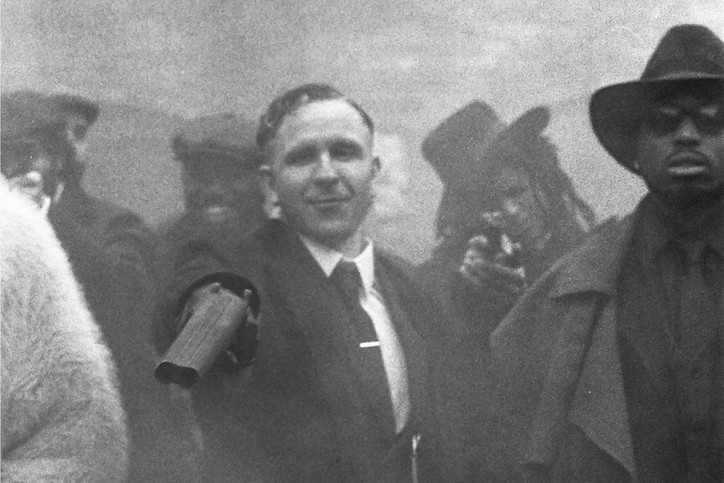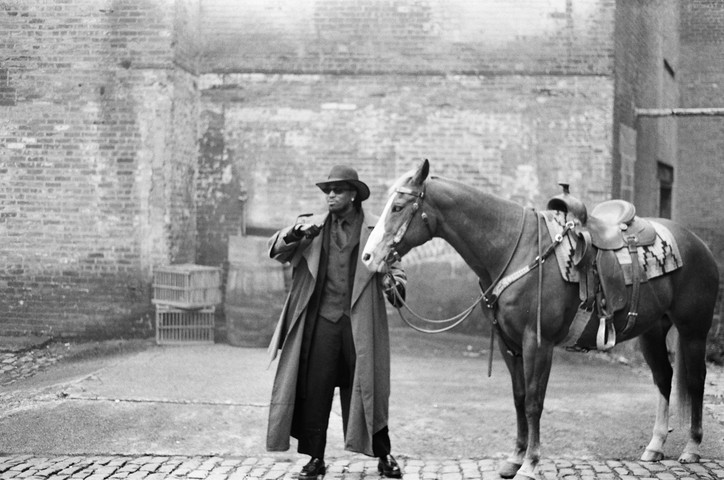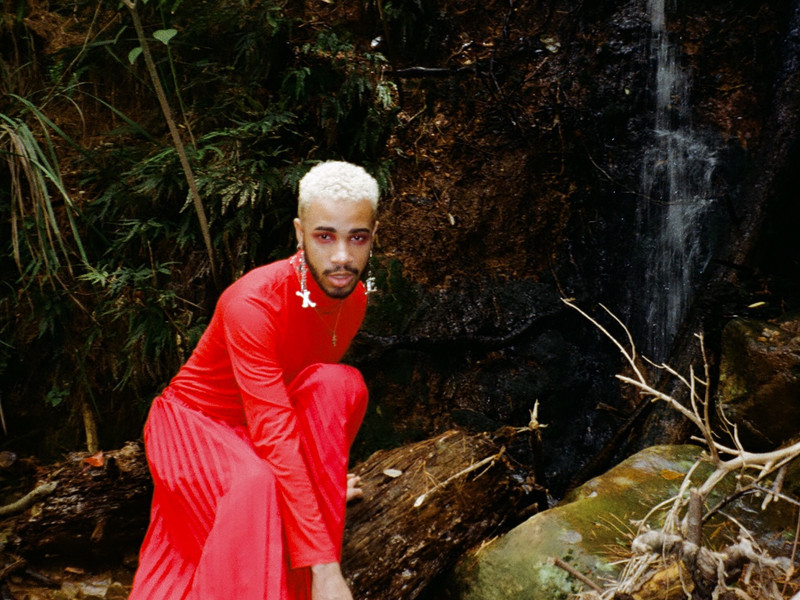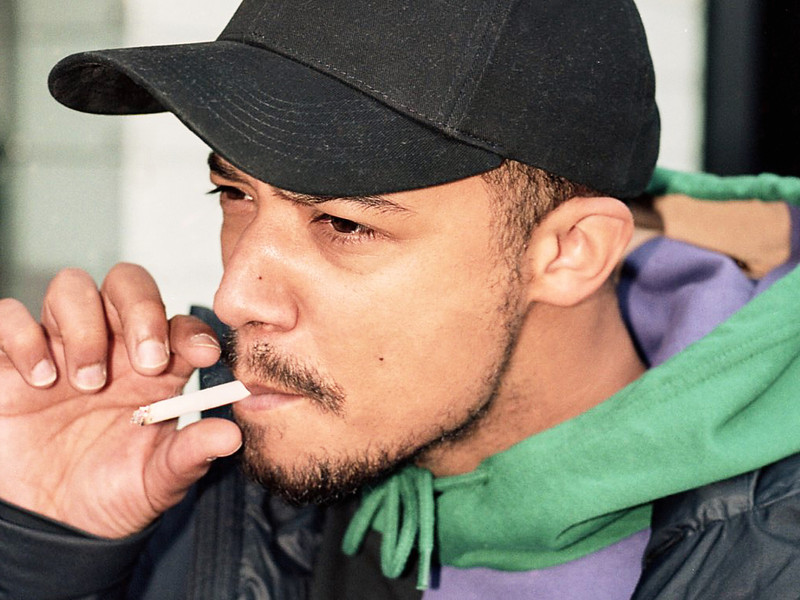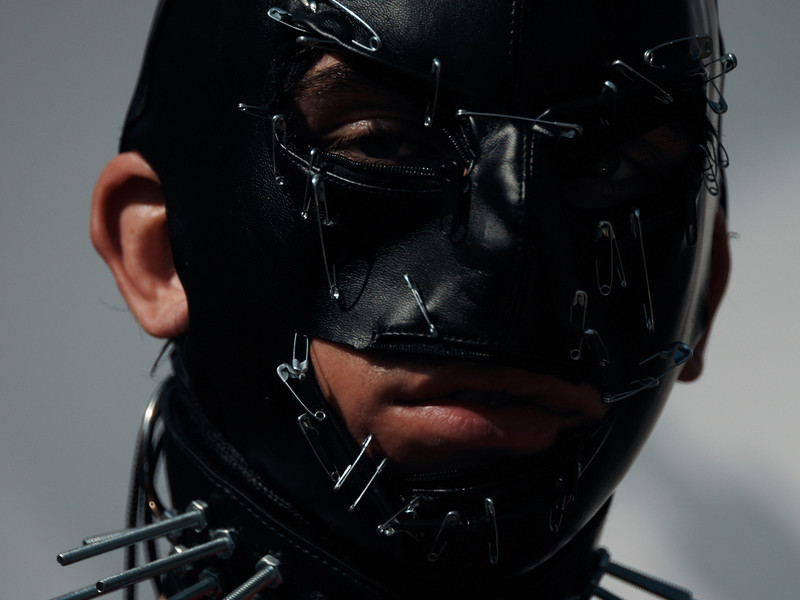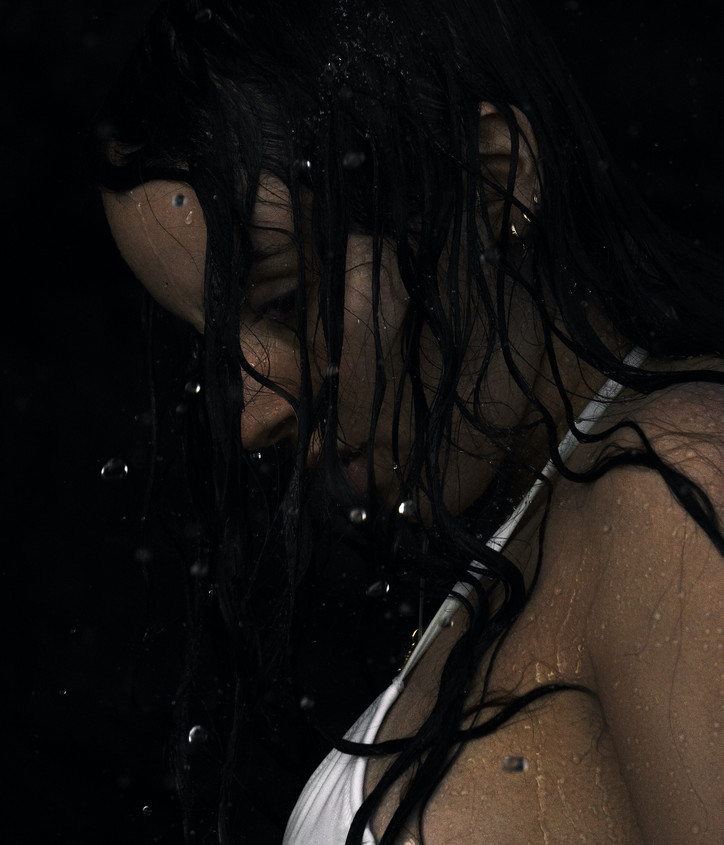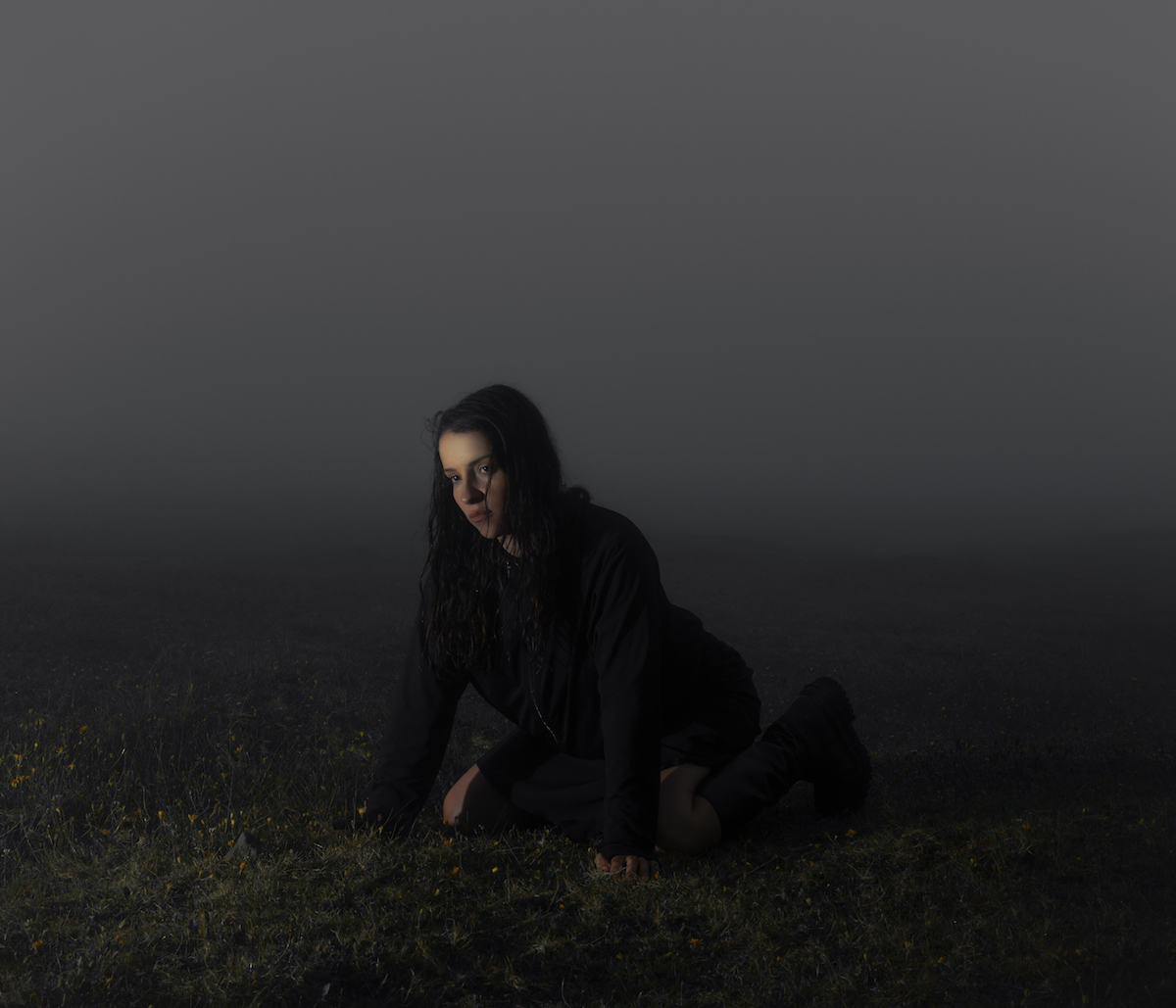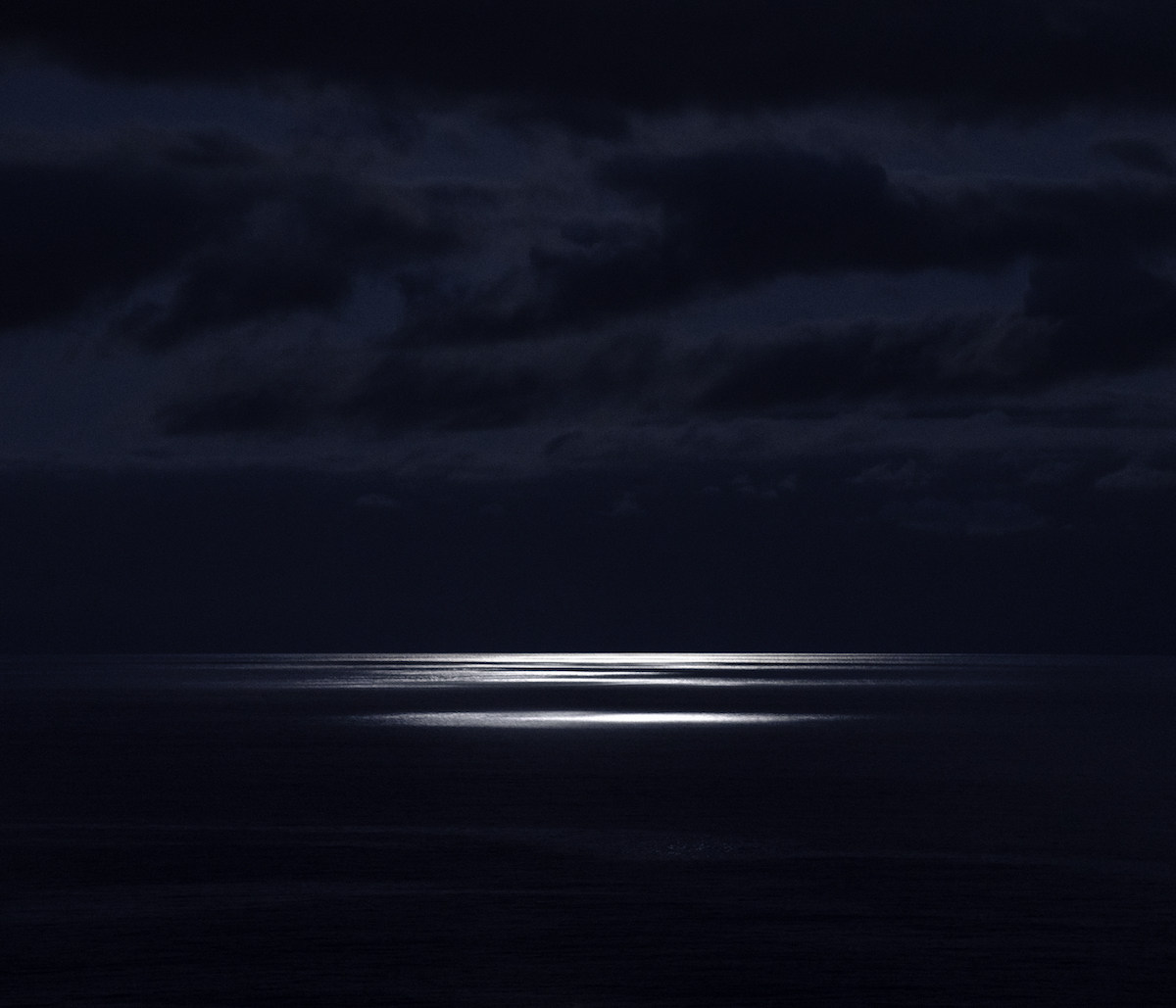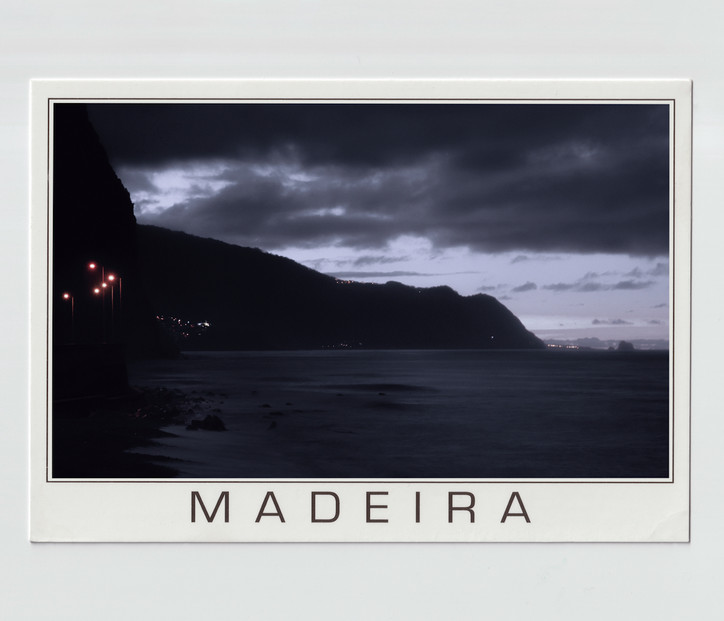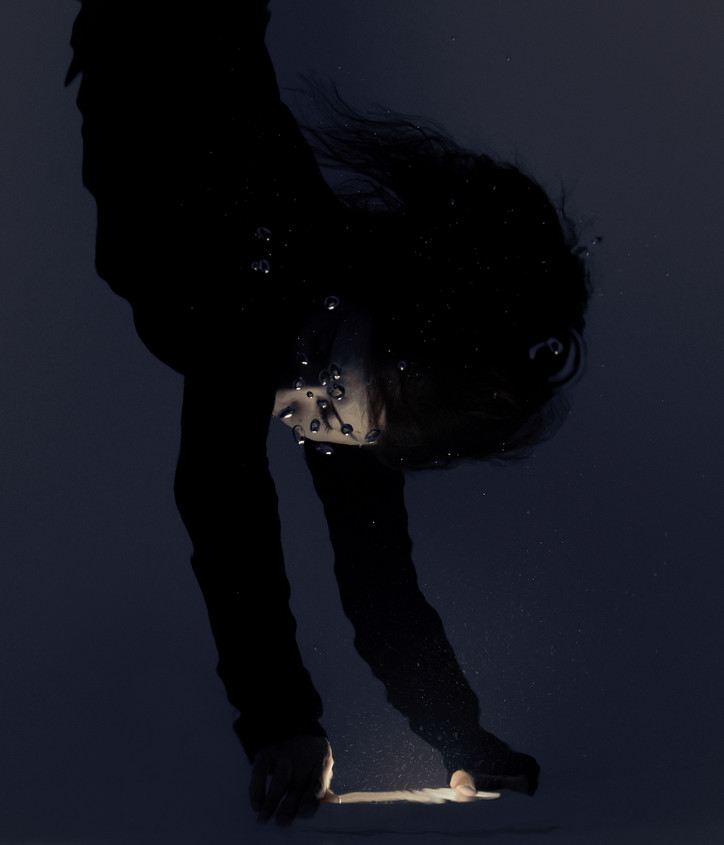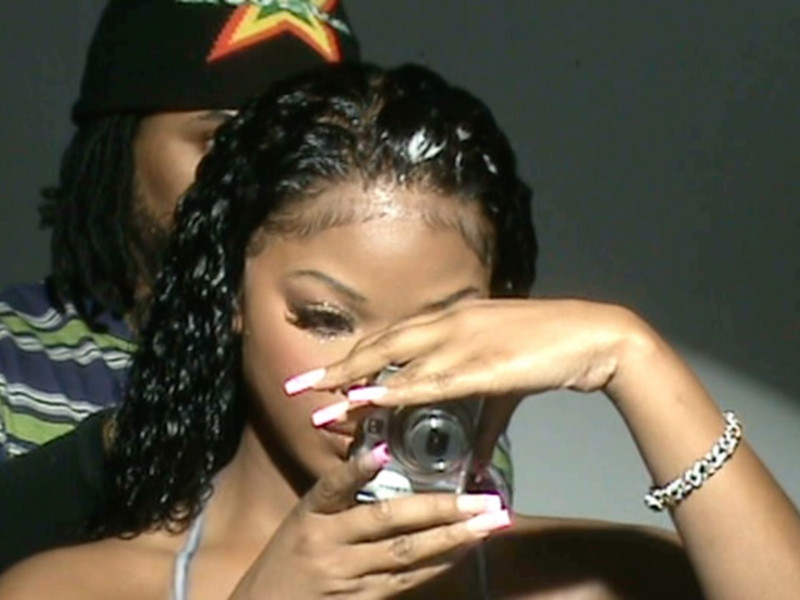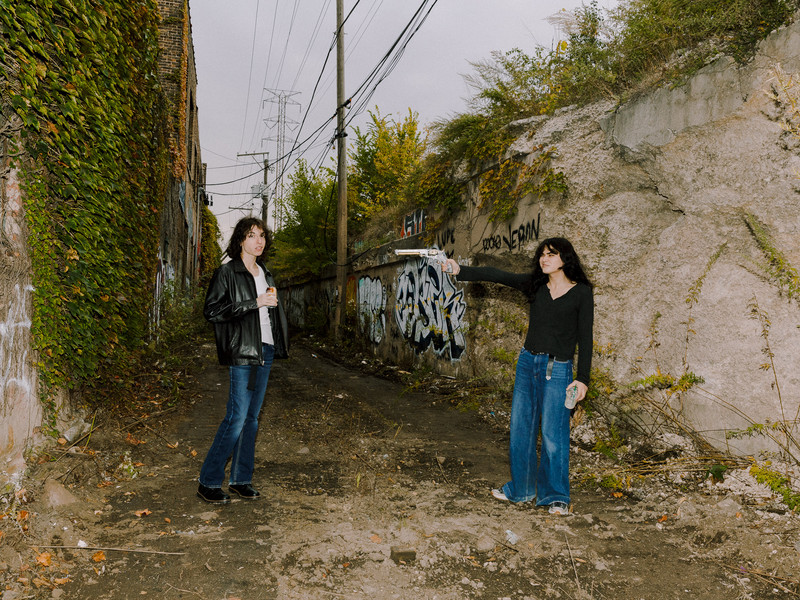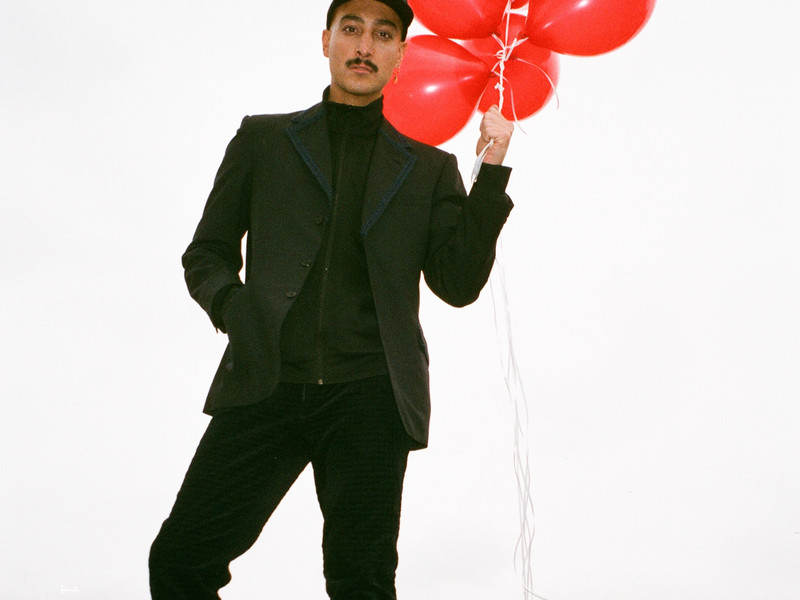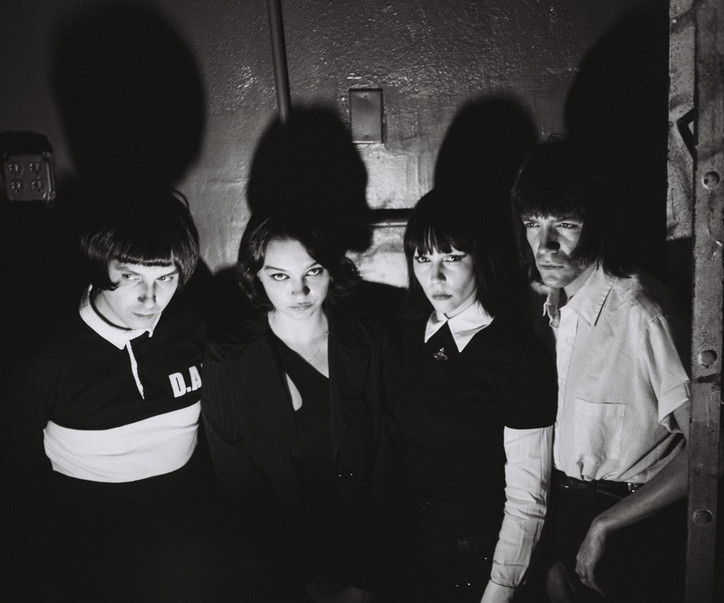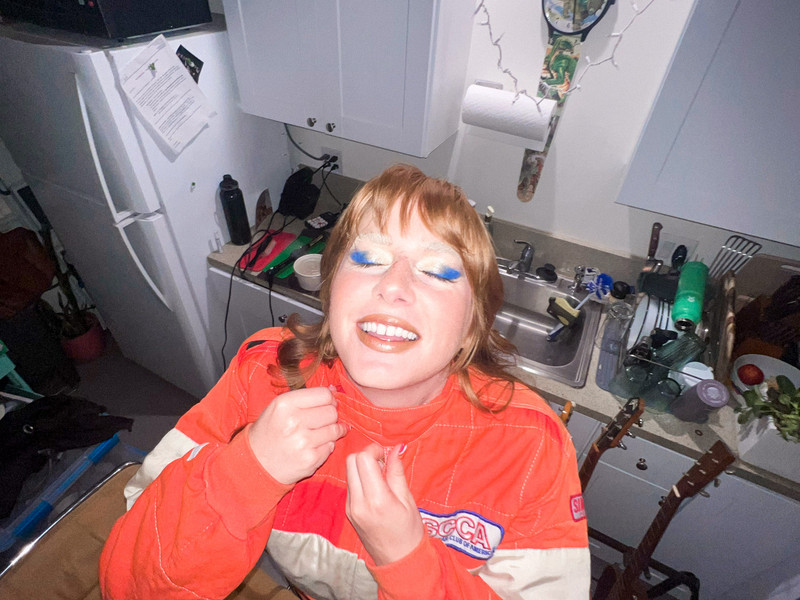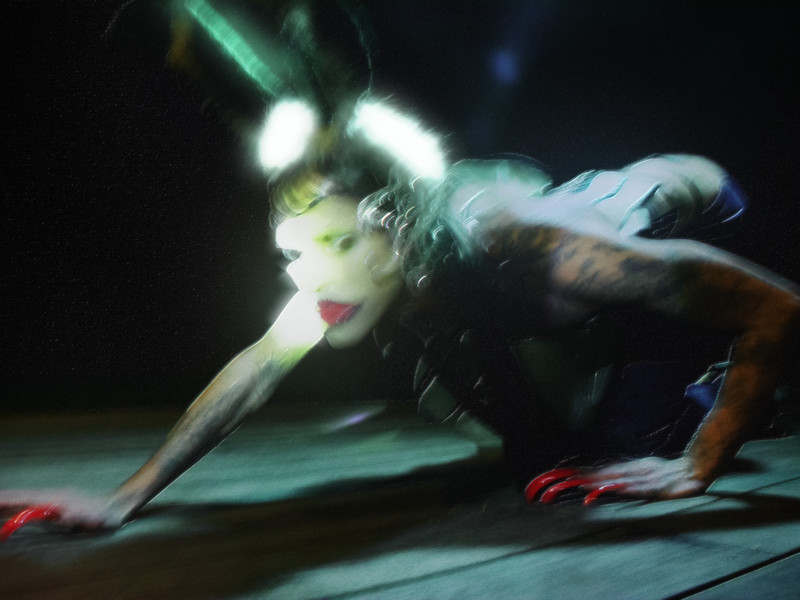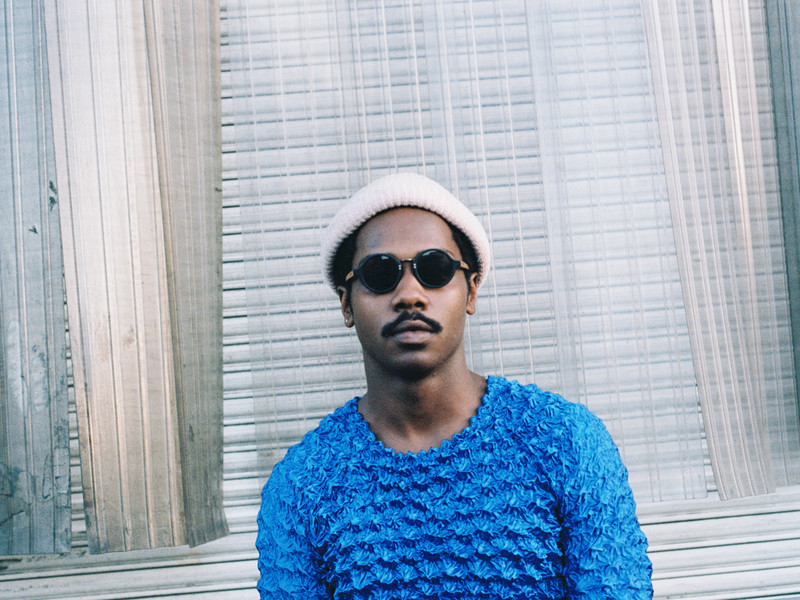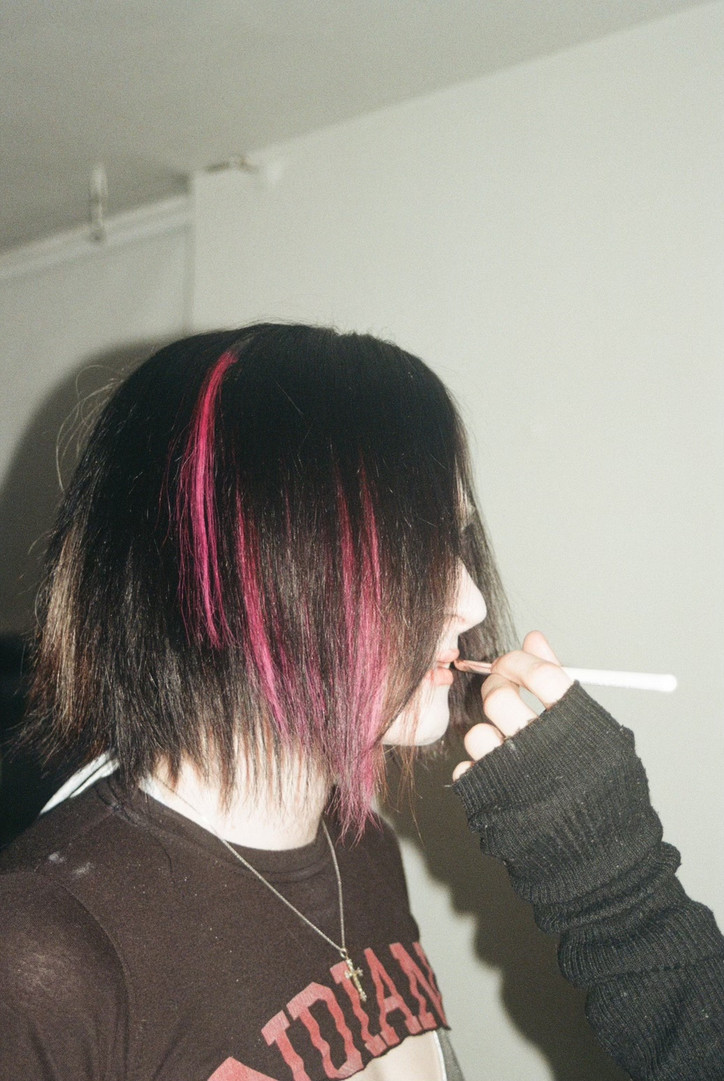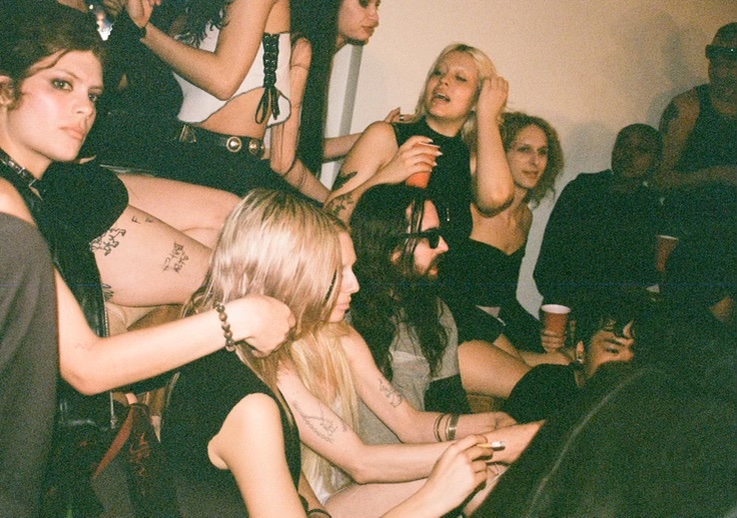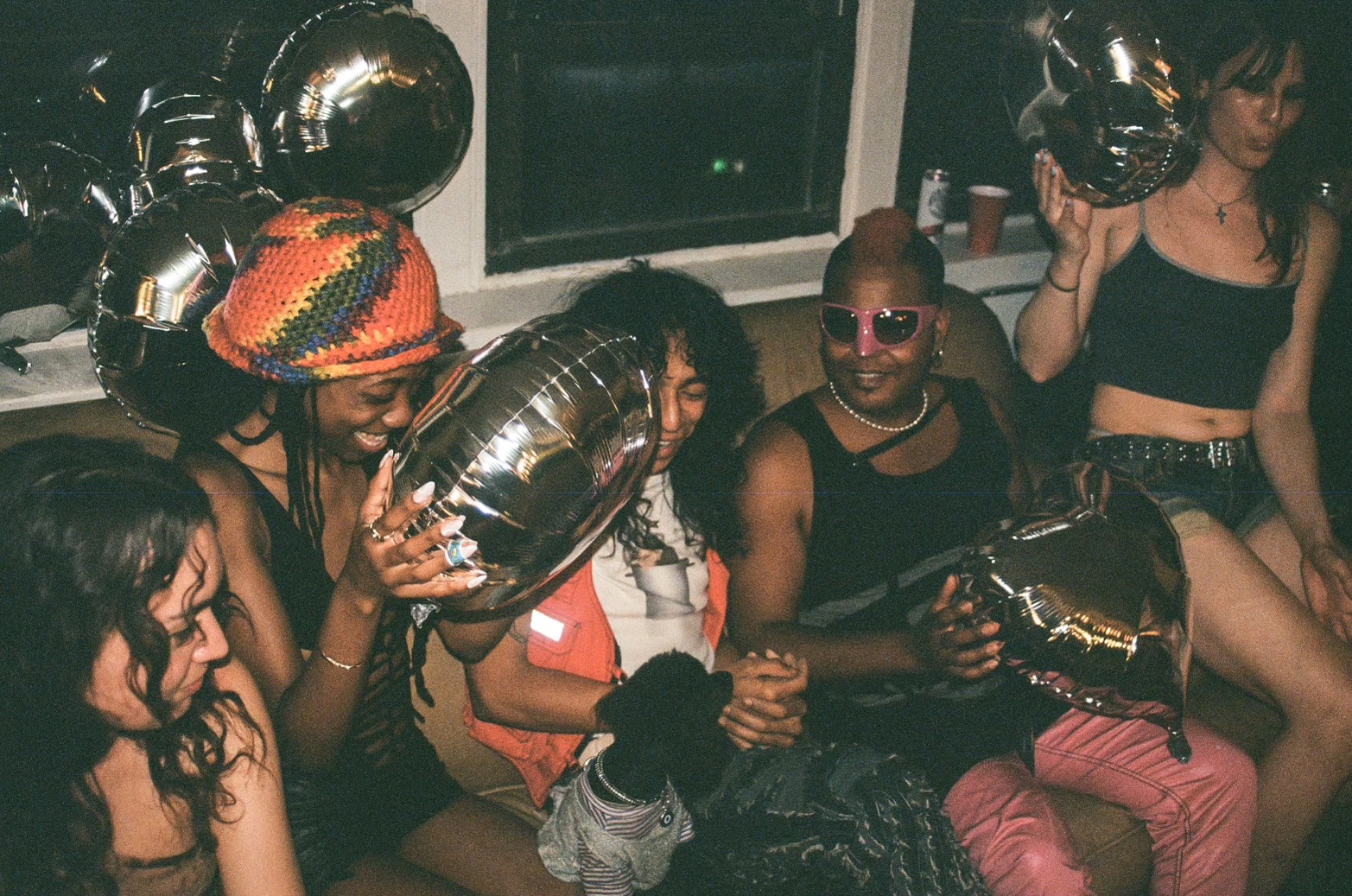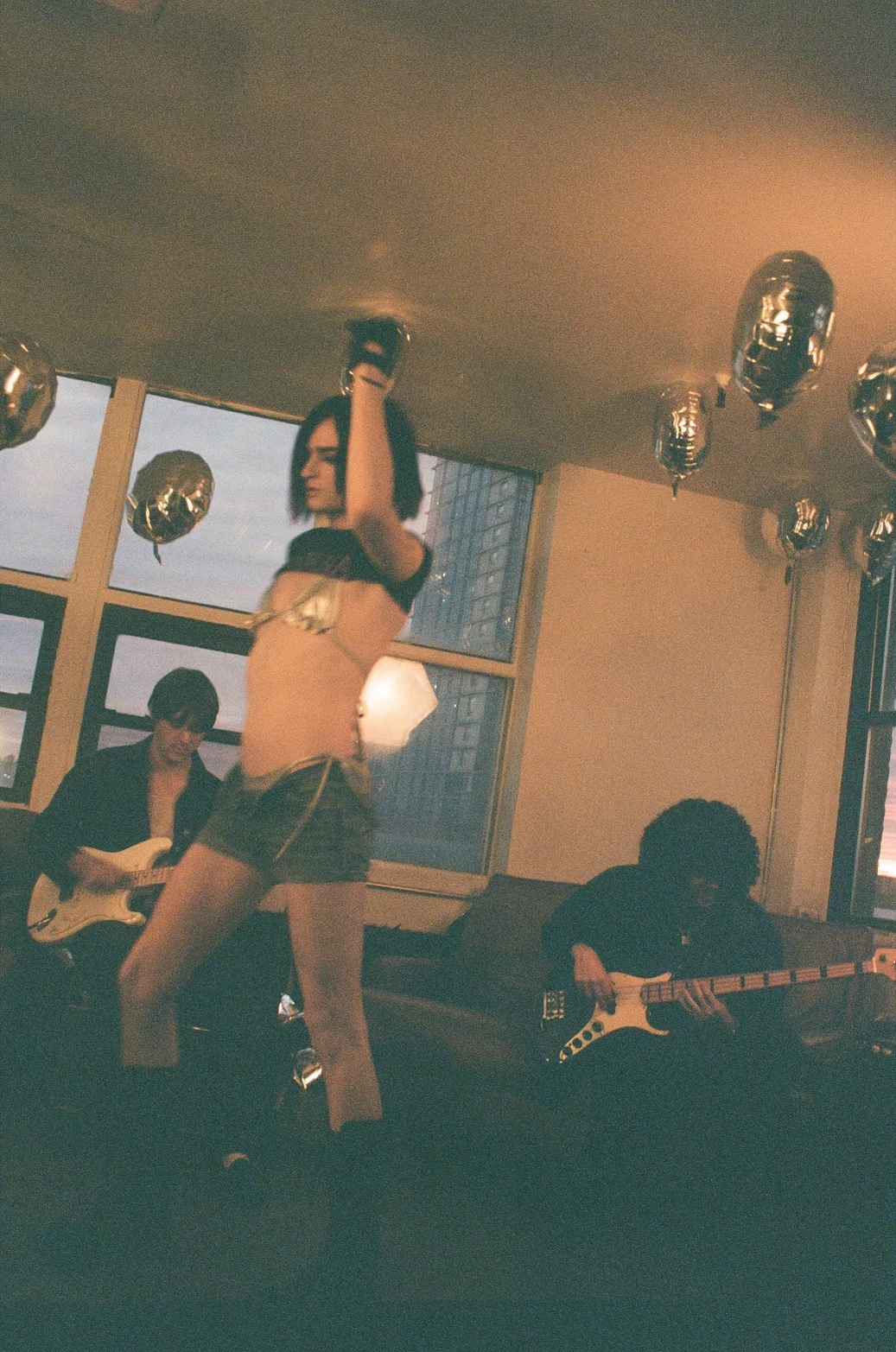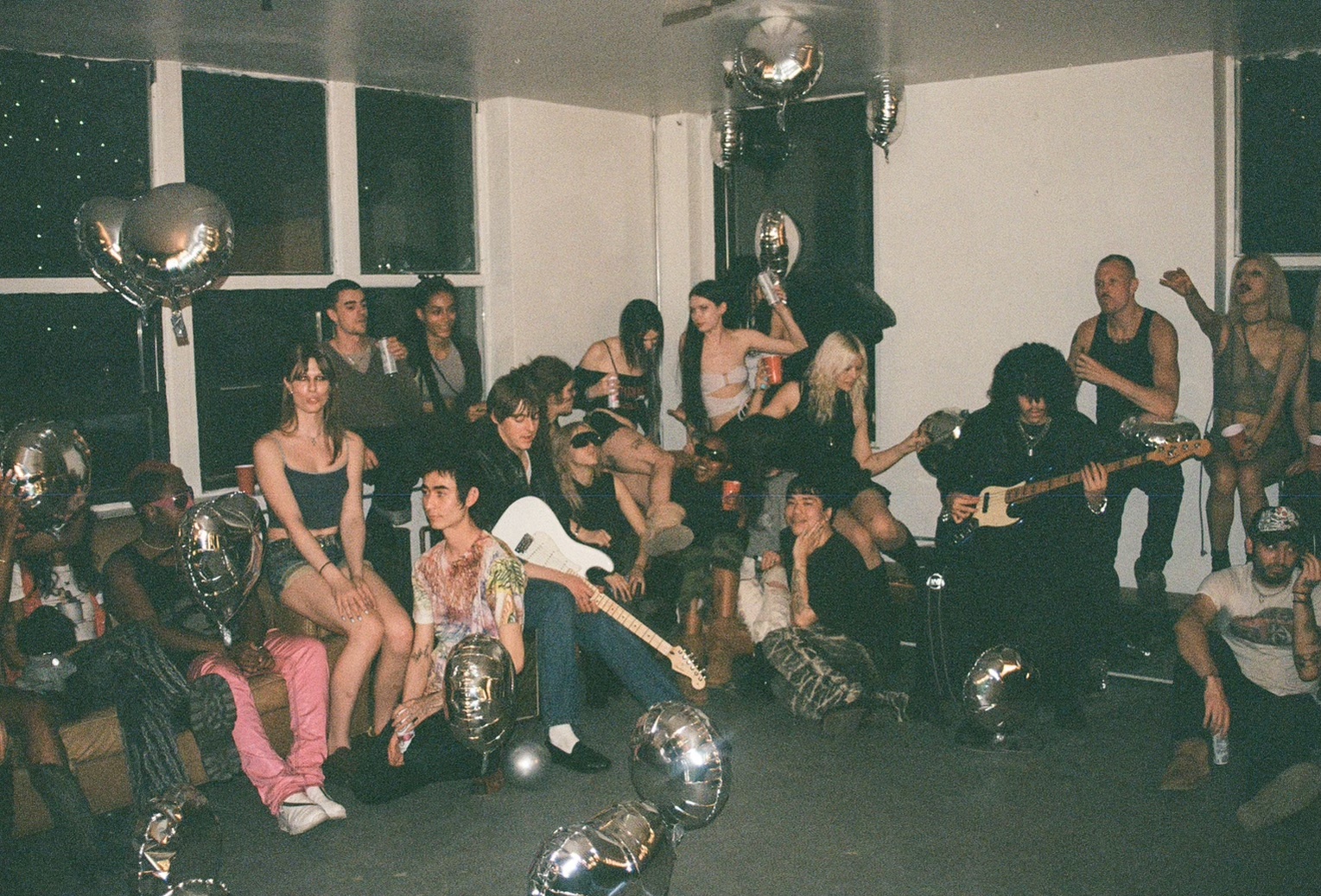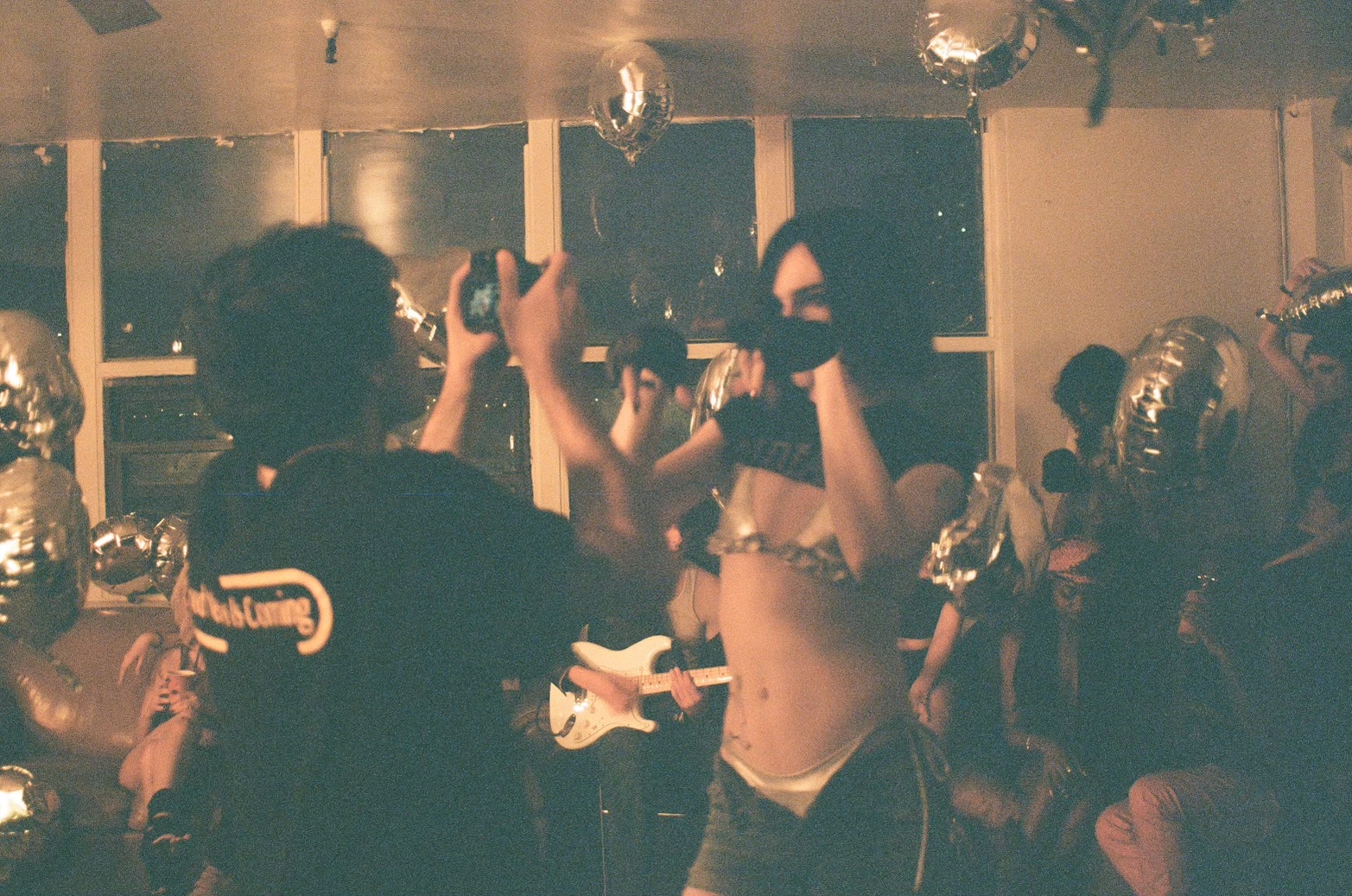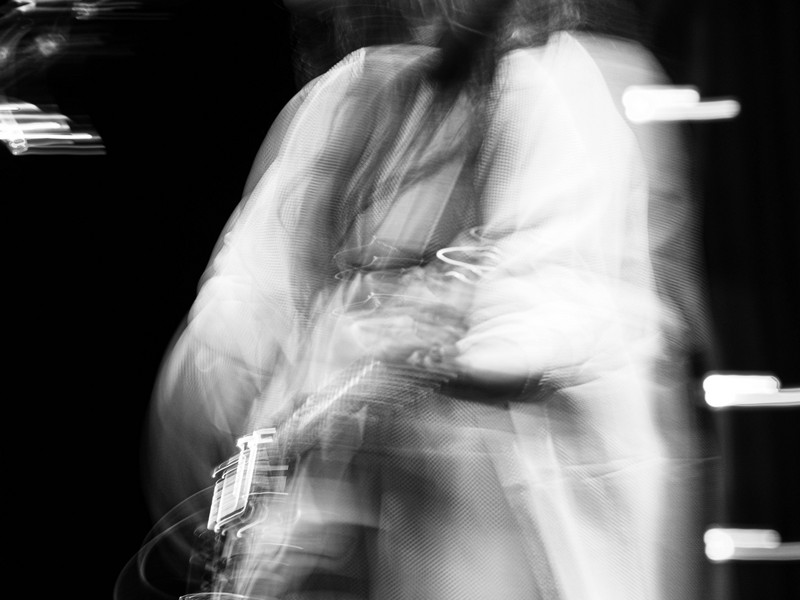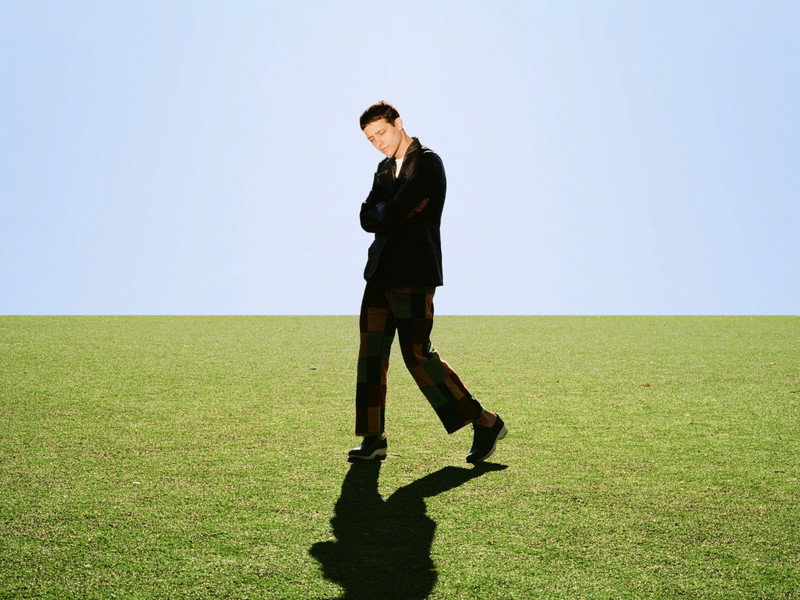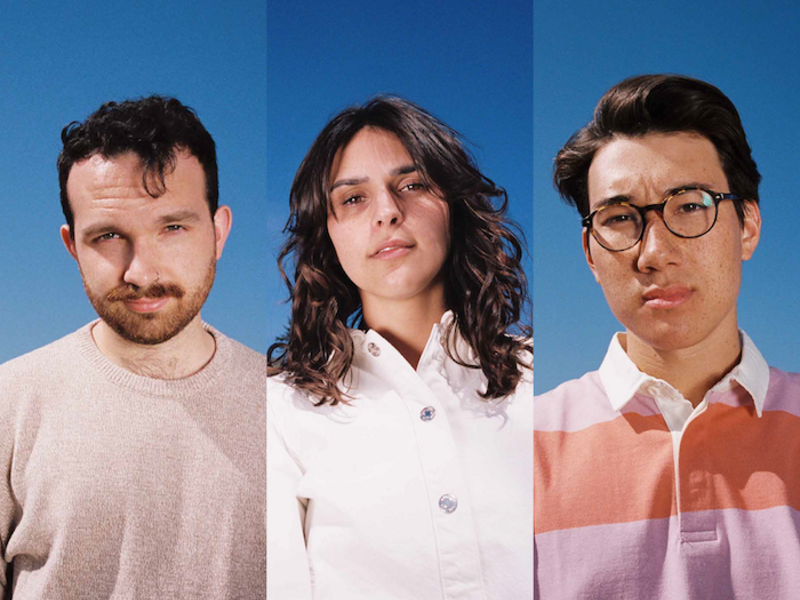What are you guys up to? You’re back from tour, back home…
Rod Wendt— We're on a break right now, at least for January and February, for sure, just to record and hopefully get some new stuff out. That's the plan. We're working on a new record at the moment. There's a lot of songs to go through and try and figure out what fits, what gels and what not.
How long of an actual break do you give yourselves before you start working again?
Brie Deux— I think he was already. It seems like the second we got home, he was already starting.
RW— If I don't pick up everything and just get it all done... I did laundry the same day. I unpacked a lot of the stuff just because if they sit in a case for two days, they're going to sit there for a month. It's not going to happen. When you're on the road too, we're listening to demos and stuff that we've done, so then by the time you get home, you already know things you want to fix or add to those songs, so you're excited to get back to them.
Do you feel when you guys are writing, do you intentionally look for references or ways to put together music or does it just come together? I know some artists also will try to keep themselves away from listening to other music. What's the process like?
RW— I have done that before where I try not to listen to anything just so it's completely coming from, I guess, your head. But at some point, it's coming from somewhere.
BD— Even I noticed a lot of times, Rod will be using a reference that has nothing to do with, not even close to the style of music we're making, but it'll be one tiny little blues line from something. You turn that into a synth line and it completely changes everything. It's not the same thing, but it was inspired from something else, but we turn it into what we're making. So even when you're not listening to things that are similar, I feel like you still take subconsciously from other places.
RW— Yeah. I also found that, weirdly enough, because I think some of these places that we were playing were bigger theaters and it just sounds really cool in there, especially when there's no one in there when you're doing soundcheck. But I found myself playing more guitar than I used to, just because it sounded good in there and coming up with cool ideas. That never really happened before. But there is a lot of reference to anything else. I mean, we go to a lot of museums and it could be just anything, other than music really, could be anything.
I feel like your music is very cinematic. To me, it sounds super cinematic, as well. That's what I hear.
RW— Thank you! I think this next record is going to be even more. There's going to be a lot of strings.
BD— Making movie scores here. I feel like that's really reflective in your music.
If you had to describe your sound, what would you say?
BD— A lot of people ask, "What kind of music are you playing?" If you're at the grocery store and you tell someone you're in a band or whatever and I'm always just like, "Uh, I don't really know. It's hard to explain."
RW— I feel like even with that first record, I think we had in mind the whole thing sort of being black and white and also a little more monotone with everything else, the vocal style or stuff like that. I feel like a lot of the songs were sort of more, I don't want to say downer, but…. It's the only way I can think of it. But I think we were aware that in this record, we wanted to make it as colorful as possible and not have that. I mean, it does have it because it's, I guess, a thing that the band has, which is not a bad thing. I like it a lot. But also I think there's a lot of more melodies and stuff like, having worked with that much in the past. We, I think, want to make it as colorful as possible. How can we put a bunch of different stuff in here that it doesn't feel like a bunch of completely different stuff? Because it's also weird sometimes when you mix some of these genres, house music with guitar music or stuff like that. It could sometimes be a little cheesy, I guess, but I don't know. Some of this stuff sounds really cool. I'm excited.
BD— We're just always figuring ourselves out too. It's the introductory and we're still discovering things, so we're trying a bunch of different things. And then it's the second one we've formed and now we know what we like and who we are.
RW— Also looking back at it, you think it took us a year and a half, two years to make that record. I feel like every time we would go into the studio with Brad [Schultz] in Nashville, we would learn something new and find something new about ourselves as well as a band, and about what we were trying to do.
BD— And going through different parts of our lives. Some of it was recorded before the pandemic and then some of it was recorded during and then later on in it. So it was different stages of where we were too.
RW— We were getting progressively more dancier.
What do you have to say about the term, “New Nostalgia”? It’s been used about your work, but I think nostalgia is different for every person. That term could apply to anyone in a way. We’re all informed by our past. It's just you as an artist and how you interpret music and how as you grow as people and artists, that comes out. How do you relate to it?
RW— I mean, we like nostalgia. It’s not a bad thing, necessarily.
BD— Well, I like it if that's a personalized term, and not pigeonholing, “You guys are very eighties.” That seems to happen a lot. But I think nostalgia's cool because we can interpret our nostalgia differently. We love The Cure and New Order and all of that, but also, we grew up and high school was like MGMT and Daft Punk and stuff like that.
